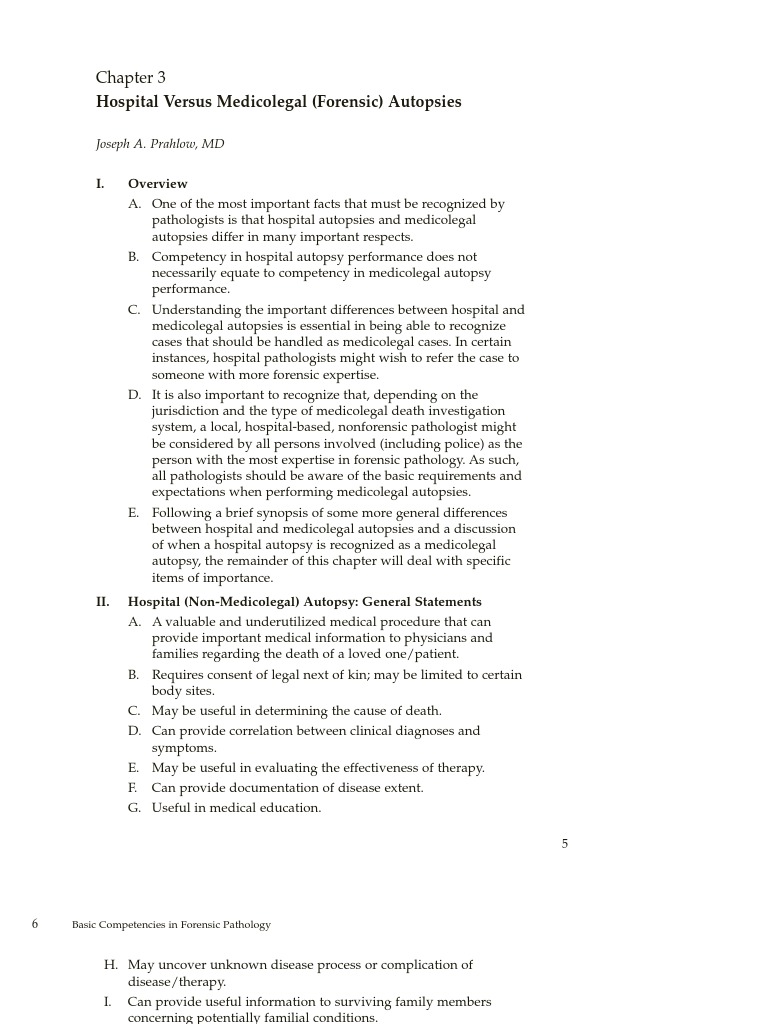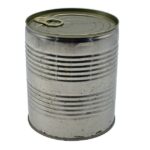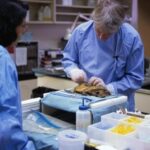So, you’re drawn to the captivating realm of forensic pathology? A world where science meets the somber search for truth, where the deceased become silent storytellers, and where medical expertise intersects with legal imperatives. But the path to becoming a forensic pathologist isn’t a straightforward autopsy of college courses; it’s a multifaceted journey that begins with a carefully chosen undergraduate major. Prepare to dissect the options. Your preconceived notions might be challenged.
The first incision: The Quintessential Pre-Med Path.
Biology, Chemistry, Biochemistry – these are the bedrock disciplines upon which medical knowledge is built. A biology major provides a comprehensive understanding of living organisms, from the microscopic intricacies of cellular function to the macroscopic complexities of human anatomy. Chemistry delves into the molecular interactions that govern life, equipping you with the tools to comprehend toxicology and pharmacology – critical aspects of forensic investigations. Biochemistry bridges the gap, exploring the chemical processes within living organisms and offering insights into disease mechanisms. These majors are tried-and-true, consistently preparing students for the rigors of medical school. A strong foundation in these sciences is non-negotiable.
However, don’t be lulled into complacency. Simply choosing one of these majors isn’t enough. The key is to actively seek out challenging coursework, participate in research opportunities, and cultivate critical thinking skills. Consider supplementing your core curriculum with advanced electives in areas such as genetics, immunology, and molecular biology. These will not only strengthen your application to medical school, but also provide you with a more nuanced understanding of the human body and its responses to trauma and disease. It is the difference between mastering the basics and aspiring for transcendence.
Next, we suture the unconventional: The Liberal Arts Lens.
While a strong foundation in the sciences is paramount, don’t discount the value of a liberal arts education. Imagine this: a degree in Anthropology, specifically focusing on biological anthropology or archaeology. This path offers a unique perspective on human skeletal remains, providing invaluable knowledge in identifying individuals and determining the circumstances of death. Courses in osteology, human variation, and forensic anthropology can give you a distinct advantage in the field. Or consider a degree in Criminal Justice with a strong emphasis on forensic science. This interdisciplinary approach combines the principles of law enforcement with scientific techniques, offering a broad understanding of the criminal justice system and the role of forensic pathology within it.
The beauty of a liberal arts major lies in its ability to foster critical thinking, communication, and problem-solving skills – qualities that are essential for success in any field, but particularly crucial in forensic pathology. Consider supplementing your science requirements with courses in philosophy, ethics, and sociology. These courses will challenge you to think critically about complex ethical dilemmas, consider the social and cultural factors that influence crime, and communicate your findings effectively to a diverse audience. These aren’t merely “soft skills”; they are the very sinews that bind scientific knowledge to practical application.
Third, we explore the technical: Engineering a Solution.
Believe it or not, an engineering degree can be a surprisingly effective springboard into forensic pathology. Biomedical engineering, in particular, offers a unique blend of engineering principles and biological sciences. This interdisciplinary field equips you with the skills to design and develop medical devices, analyze biological data, and model complex physiological systems. These skills can be invaluable in forensic investigations, particularly in cases involving trauma analysis or biomechanical failure. Consider how knowledge of materials science might aid in analyzing weapon-inflicted injuries.
Moreover, an engineering background fosters a rigorous analytical approach to problem-solving. Engineers are trained to break down complex problems into smaller, manageable components, identify the underlying causes, and develop innovative solutions. This approach is directly applicable to forensic pathology, where the pathologist must piece together fragmented evidence to determine the cause and manner of death. Think of how computational modeling could be used to reconstruct crime scenes. It demands a different type of mental acuity, one that is less about rote memorization and more about creative application.
Fourth, the crucial closing: Beyond the Books – Cultivating Experiential Learning.
Regardless of your chosen major, it is essential to supplement your academic studies with real-world experience. Seek out opportunities to volunteer or shadow in a hospital or medical examiner’s office. This will give you a firsthand glimpse into the daily realities of forensic pathology and allow you to network with professionals in the field. Participate in research projects that focus on forensic science, pathology, or related areas. This will not only strengthen your research skills, but also demonstrate your commitment to the field. Consider attending conferences and workshops on forensic science to stay abreast of the latest advances and network with other professionals.
These experiences are invaluable in solidifying your passion for forensic pathology and demonstrating your qualifications to medical school admissions committees. They provide a crucial context for your academic studies and allow you to apply your knowledge in a practical setting. They will also help you to develop the personal qualities that are essential for success in this demanding field – empathy, resilience, and a commitment to justice. The journey to forensic pathology is not a sprint; it is a marathon. Each step, each experience, each carefully chosen course brings you closer to your goal.










Leave a Comment